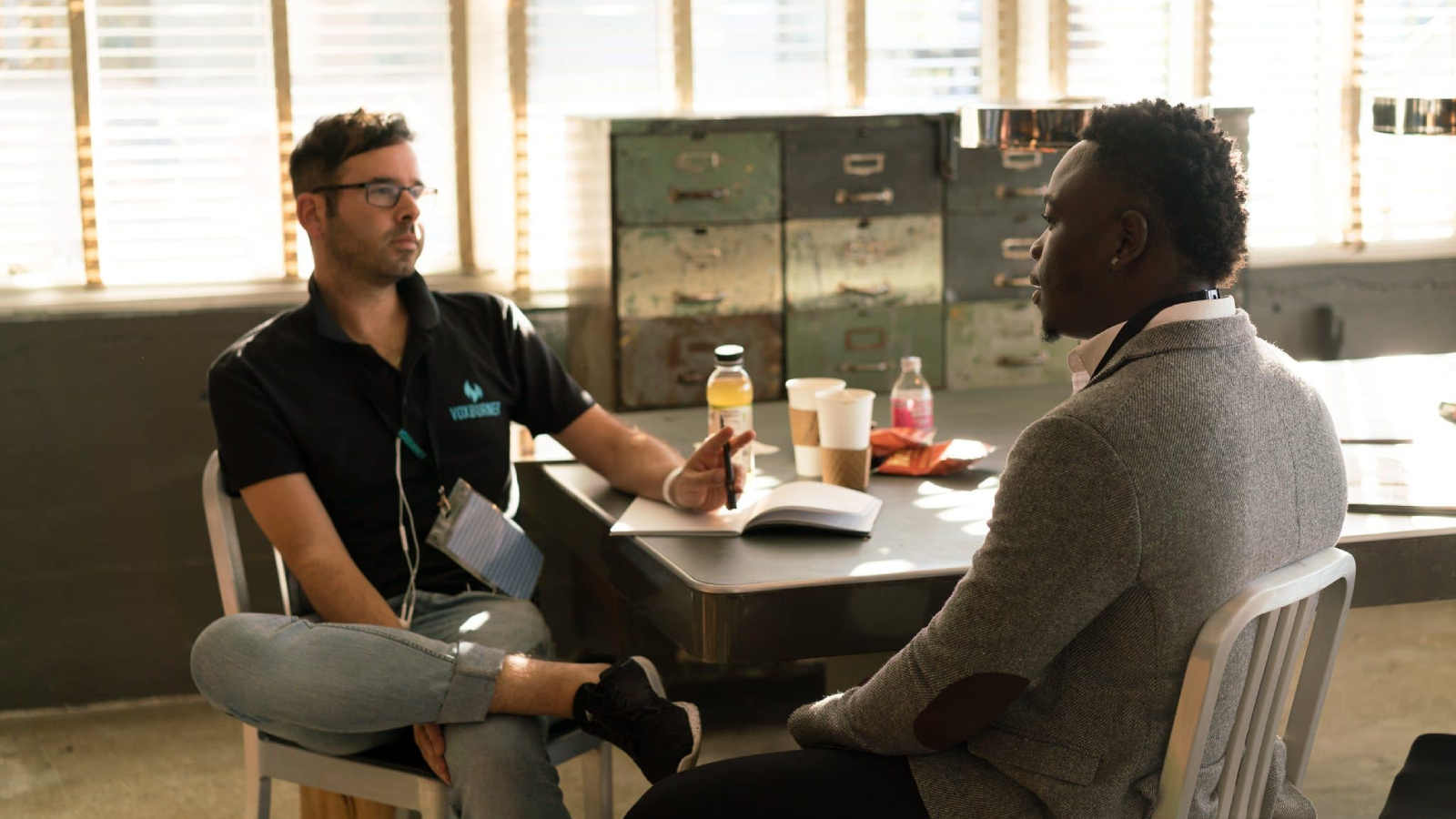 I have often written in this space about millennials (those born in or after 1984). As a Baby Boomer myself, it’s challenging for me to relate to this segment of the workforce. However, as a glass-half-full person, I have spoken to their want of purpose and desire to make an impact.
I have often written in this space about millennials (those born in or after 1984). As a Baby Boomer myself, it’s challenging for me to relate to this segment of the workforce. However, as a glass-half-full person, I have spoken to their want of purpose and desire to make an impact.
Interestingly, Simon Sinek thinks the same. In his YouTube video, Simon Sinek on Millennials in the Workplace, he names two more things millennials want from their workplaces—free food and beanbags. After getting the obligatory audience laughter, he drilled down a bit deeper, and his message was profound.
In his 15-minute video, he points to four areas that have profoundly impacted this most recent group to enter into the workplace:
- Parenting
- Technology
- Impatience
- Environment
Parents of millennials, he says, told all their kids they were special. Participation medals were given in an effort to nurture every child so they felt like winners. (Disclaimer: My youngest child missed Sinek’s “cut” by less than a month! But I do get the sense that much of what Sinek says is true.)
The advance of technology, of course, has also impacted the younger generation. It has created impatience by developing the need for instant gratification. As Sinek points out, having an abundance of “likes” on social network posts releases dopamine, which makes us feel good—the same phenomenon associated with smoking, drinking, and gambling. Yet sadly, he says, there is no app for job satisfaction. Millennials will sometimes be dissatisfied in their jobs, and they must learn to deal with this.
According to the Pew Research Center, in 2015 millennials comprised more than one-third of the American workforce. The number has grown since then and will for some time. So what is a business leader to do about the changing makeup of the American workforce? Sinek points to the environment corporations have created—a rigid chain of command, strict 9 to 5 schedules, etc.—which is basically the antithesis of what millennials want in a workplace. The generation that received participation medals for coming in last lacks self-confidence and has poorly developed social skills. Corporations need to think differently by abandoning the notion of short-term gain, and help millennials to develop over the long term.
By 2020, many estimates concur that millennials will make up half the workforce. Businesses that have an adaptable leadership style will be the ones to benefit. And so will the largest component of their workforce.



